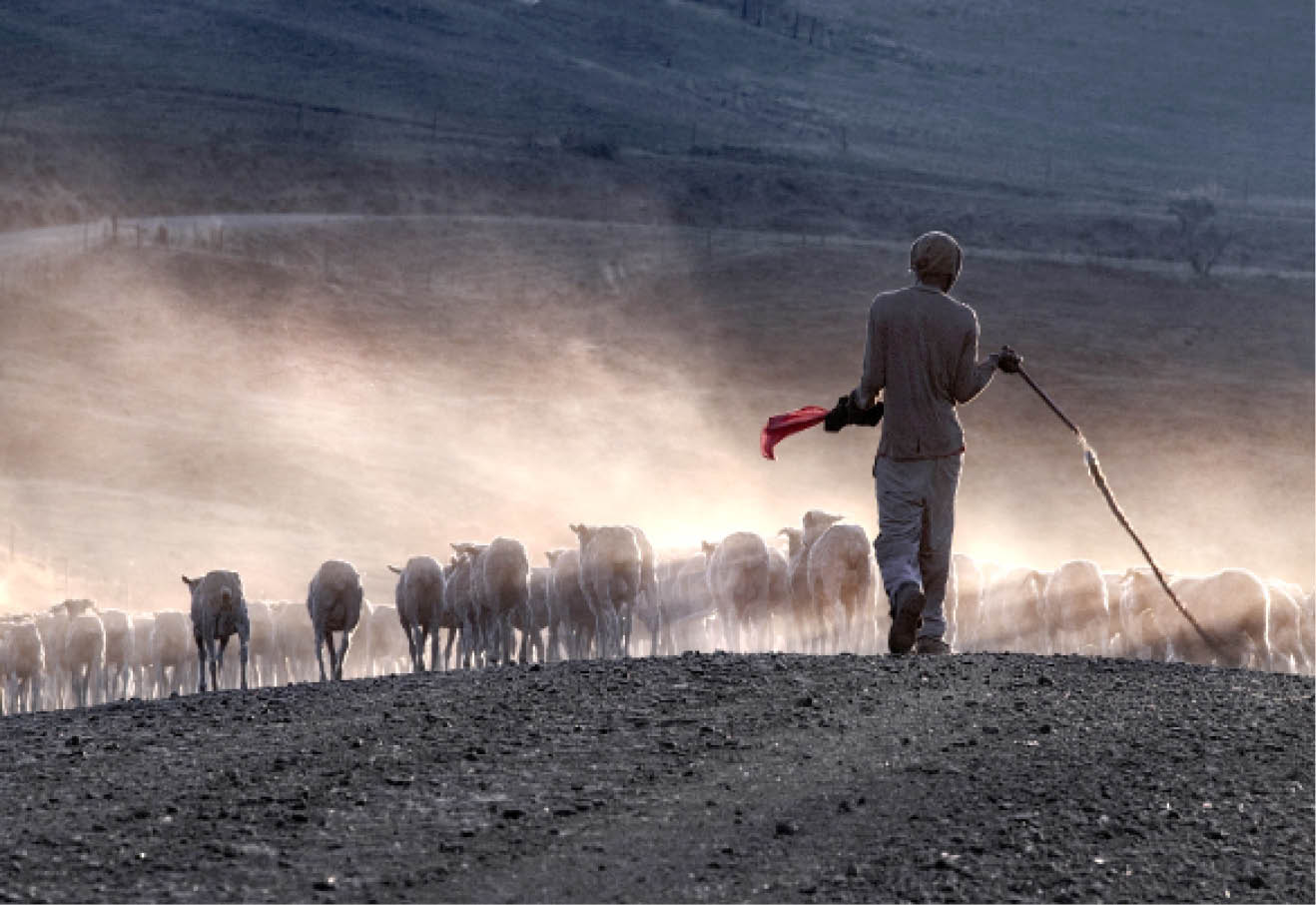Climate Change: Oxfam task FG, others on concrete actions
The Oxfam in Nigeria has said that the government is not doing enough to support farmers to continue to provide food for a nation of an estimated 200 million people. The Oxfam in Nigeria Country Director, Mr. Constant Tchona, who made the call on Friday during a virtual meeting as part of activities marking the […]

FILE PHOTO
The Oxfam in Nigeria has said that the government is not doing enough to support farmers to continue to provide food for a nation of an estimated 200 million people.
The Oxfam in Nigeria Country Director, Mr. Constant Tchona, who made the call on Friday during a virtual meeting as part of activities marking the 2020 World Environmental Day, noted that small holders’ farmers who struggle to cope with impacts of climate change in their quest to provide food for the populace.
According to him, Nigeria is confronted with various environmental challenges including climatic change, oil pollution, drought and desertification, flooding, erosion, water pollution and solid waste that isn’t bio-degradable.
“Although the country is currently facing a health and security crisis simultaneously, it is important to draw attention to the environment because it is an issue that cannot wait. The international theme this year is ‘Time for Nature’, and for Nigeria, we have chosen to focus on ‘Action for the Environment’.
“These challenges and more result in food insecurity, loss of lives and property, destruction of means of livelihood and generally increased scarcity of resources. The issue of food security is of paramount importance and is largely linked to the environment and climate. As our environment changes, so must our farmers’ practices in order to increase agricultural production.
“Most of our food production is carried out by smallholder farmers, and inadequate knowledge of how to be productive in a changing environment is one of the major reasons why our food production levels are below required needs. If food production is low, this will have an implication elsewhere in the value chain.
“For example, if smallholder farmers cannot produce enough, then processors cannot process enough, and we will continue to have minimal value addition in the agricultural sector as needed to grow the economy. This affects both food markets and industrial markets for agricultural products,” Tchona said.
He said that it is also important to note that losses in biodiversity and habitat can increase the spread of infectious diseases and viruses through indiscriminate felling of trees which encourages endangered species of these habitats to migrate to places of safety carrying along with them diseases as they move.
“Therefore, we must promote environmentally friendly infrastructure and transform economies to become custodians of nature. Additionally, citizens should also use this day as an avenue to urge government to deliver on their commitments to safeguard nature, end pollution and ensure that environmental laws are upheld.”
